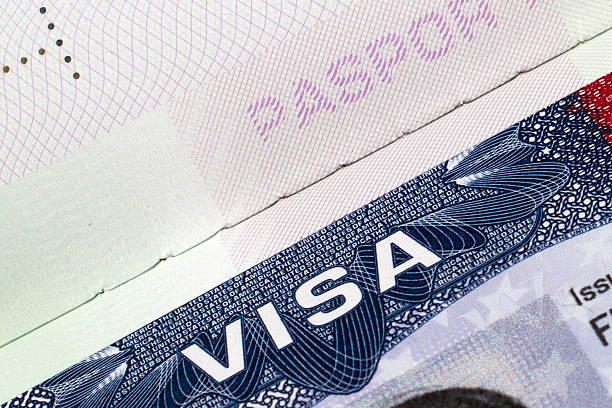
The Benefits of International Student Exchange Programs
The Benefits of International Student Exchange Programs
International student exchange programs offer a wealth of benefits to participants, fostering personal growth, academic development, and cultural understanding. These programs, which allow students to study abroad for a semester or a year, are an excellent opportunity for young people to broaden their horizons and gain invaluable life experiences. This article explores the various benefits of participating in an international student exchange program.
1. Cultural Immersion
One of the most significant benefits of international student exchange programs is the opportunity for cultural immersion. Living in a foreign country allows students to experience new customs, traditions, and lifestyles firsthand. This immersion helps students develop a deeper understanding and appreciation of different cultures, fostering empathy and global awareness.
For example, students participating in exchange programs in Japan might experience traditional tea ceremonies, while those in France might get to enjoy the rich culinary traditions of the region. This cultural exposure is invaluable in developing a well-rounded worldview.
2. Language Acquisition
Living in a country where a different language is spoken is one of the most effective ways to learn that language. Exchange students are often immersed in an environment where they must use the local language daily, which can significantly improve their language skills. This practical experience is often more beneficial than classroom learning alone.
For instance, a student studying in Spain will have the opportunity to practice Spanish in everyday situations, from ordering food at a restaurant to conversing with classmates, leading to greater fluency and confidence in the language.
3. Personal Growth and Independence
Participating in an exchange program requires students to step out of their comfort zones, fostering personal growth and independence. Being away from familiar surroundings and support systems challenges students to solve problems on their own, adapt to new environments, and develop resilience.
For many students, this experience leads to increased self-confidence and a stronger sense of self. They learn to navigate unfamiliar settings, manage their time effectively, and become more resourceful and adaptable.
4. Academic Benefits
International exchange programs provide academic benefits as well. Students have the opportunity to take courses that may not be available at their home institutions, gaining new perspectives and knowledge in their fields of study. Additionally, studying in a different educational system can offer insights into various teaching methods and academic approaches.
For example, a science student might have access to cutting-edge research facilities and labs abroad, while a humanities student could benefit from unique historical and cultural resources specific to the host country.
5. Global Networking Opportunities
Exchange programs offer students the chance to build a global network of friends, classmates, and professionals. These connections can be valuable both personally and professionally, providing support and opportunities long after the exchange program has ended.
Students often form lasting friendships with peers from around the world, and these relationships can lead to future collaborations and career opportunities. Additionally, interacting with people from diverse backgrounds enhances students' communication and interpersonal skills, which are crucial in today's globalized world.
6. Enhanced Career Prospects
Having international experience on a resume can significantly enhance a student's career prospects. Employers often value the skills and qualities developed through participation in exchange programs, such as adaptability, cultural competence, and problem-solving abilities.
For instance, multinational companies may prefer candidates with international experience because they are likely to have a better understanding of global markets and diverse work environments. Additionally, the language skills and cultural insights gained during an exchange program can set candidates apart in competitive job markets.
7. Broadened Worldview
Exchange programs help students develop a broader worldview by exposing them to different ways of thinking and living. This exposure encourages students to question their assumptions and consider alternative perspectives, leading to a more open-minded and inclusive outlook.
For example, a student who participates in an exchange program in India might gain a deeper understanding of the complexities of a developing economy and the cultural significance of traditional practices. This broadened perspective can be invaluable in both personal and professional contexts.
8. Lifelong Memories and Experiences
The experiences and memories gained during an exchange program can last a lifetime. Whether it's exploring new cities, forming close friendships, or overcoming challenges, these experiences shape students in meaningful ways and provide stories and lessons that they carry with them throughout their lives.
Many students look back on their exchange programs as some of the most formative and rewarding experiences of their lives. The sense of accomplishment and personal growth that comes from successfully navigating a foreign environment is unparalleled.
Conclusion
International student exchange programs offer a myriad of benefits that extend beyond academic learning. They provide students with the opportunity to immerse themselves in new cultures, learn new languages, grow personally and professionally, and build a global network of connections. The skills and experiences gained through these programs are invaluable, helping students develop into well-rounded, globally-minded individuals ready to thrive in an interconnected world.
For more information on international student exchange programs, visit the StudyAbroad.com and Exchanges State websites.



















































